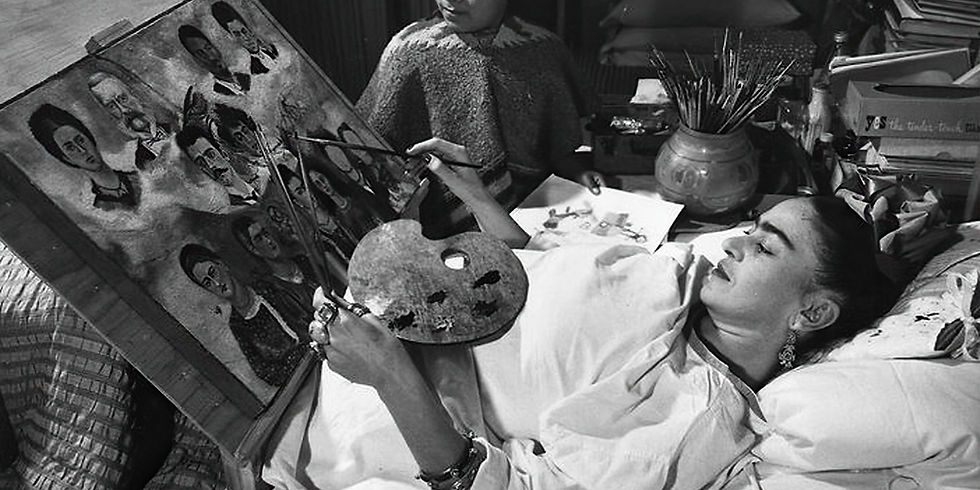The healing power of photography
- Loredana Denicola

- Sep 24, 2023
- 3 min read
Updated: May 7, 2025
Photography holds within it a healing power that goes beyond mere images.It possesses the potential to express, comprehend, and ultimately conquer depression and anxiety.
While for some, photography may remain a hobby or a profession, its significance can extend even further – as a form of therapy.
Through the active process of capturing, exploring, and reflecting upon photographs, as well as combining them with creative writing, we delve into a journey of self-discovery and a deeper understanding of the world around us.

Each of us possesses a unique reality, shaped not only by concrete actions but also by the intricate interplay of thoughts and emotions.
In my personal experience, photography served as a means to comprehend different facets of my identity – shifting roles between object, subject, spectator, and observer. By referring to the photographic process, I don't merely imply the technical procedure of capturing and producing images; rather, I emphasise the act of active listening and observation involving the participants/subjects. This process leads them to introspect and decide upon the image they wish to portray.
In 2018, a researcher from Lancaster University uncovered that taking a daily photograph contributed to an enhanced sense of well-being. The act of photography grants us a moment of solitude, drawing our focus to the present and revealing details we often overlook. Photography offers a multitude of positive wellness benefits.
Contemplating my journey and the diverse photographic and video documentation projects I've undertaken for personal growth, I've discerned the positive impacts of art and expressive writing on our well-being.
Forms such as art, photography, video interviews, video art, writing, and performances offer channels for emotional expression. They encourage us to step beyond our comfort zones, confront ourselves, and achieve awareness.
These creative outlets serve as a respite from challenges – be it anxiety, depression, or even more profound struggles – allowing us to momentarily escape from intense emotions and difficult situations.
Engaging in emotional writing and imprinting our stories on paper can lead to sustained improvements in mood and health, contributing to our overall well-being.
When we discuss photography as therapy, we often differentiate between two practices: phototherapy and therapeutic photography. Phototherapy involves professional intervention within a therapeutic setting, while therapeutic photography encompasses techniques that individuals can independently engage in outside such contexts, often complementing therapeutic work.
It prompts us to center ourselves in the present moment, akin to the effects of meditation. If you've never meditated, I encourage you to give it a try. The act of photography can often induce a state of flow, quieting the mind and providing relief from stress.
I vividly recall 2013, when I unconsciously began using photography and the camera as a form of healing. My journey began in 2009 when I stumbled upon my first camera near a trash bin on Florida Street, London. At that point, photography held no interest for me. Yet, that discarded camera fascinated me. I signed up for a basic analog photography course that evening, not knowing why. I embarked on this journey, initially driven by curiosity.
However, in 2013, as I encountered emotional distress, the camera evolved into an active companion in listening and action, enabling transformation over time. Through the camera lens, I explored my pain and mind, gradually reshaping my experience. The camera enabled me to observe my negative, obsessive thoughts and, for the first time, quell them.
Art empowers us to step beyond our comfort zones, fostering confidence, courage, and self-esteem.





Comments